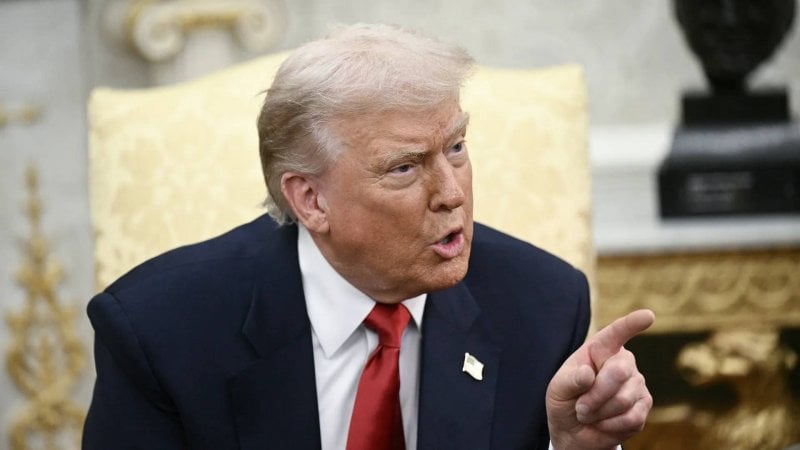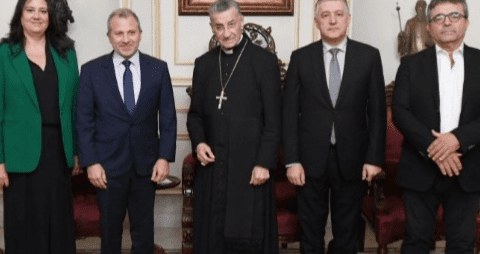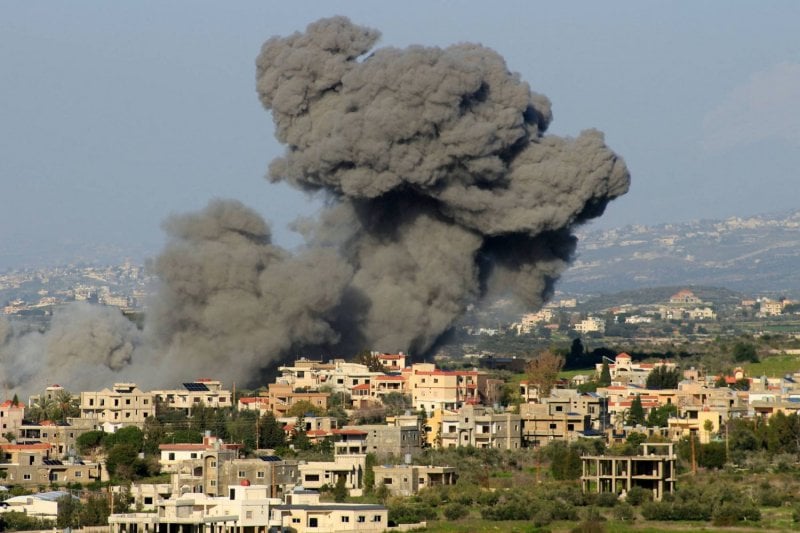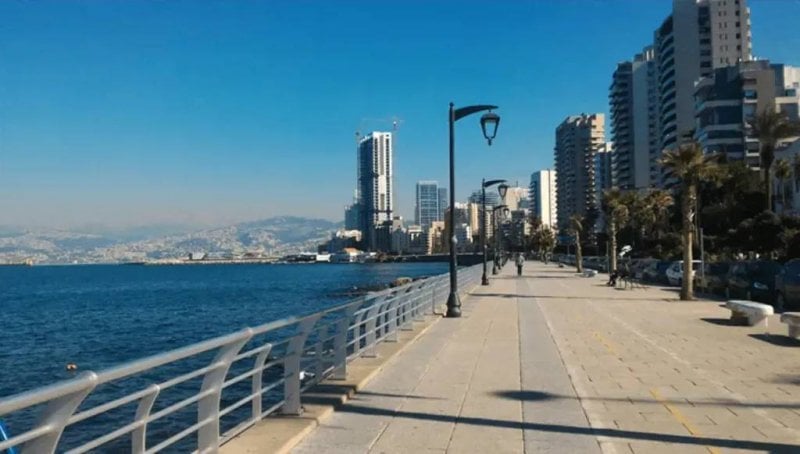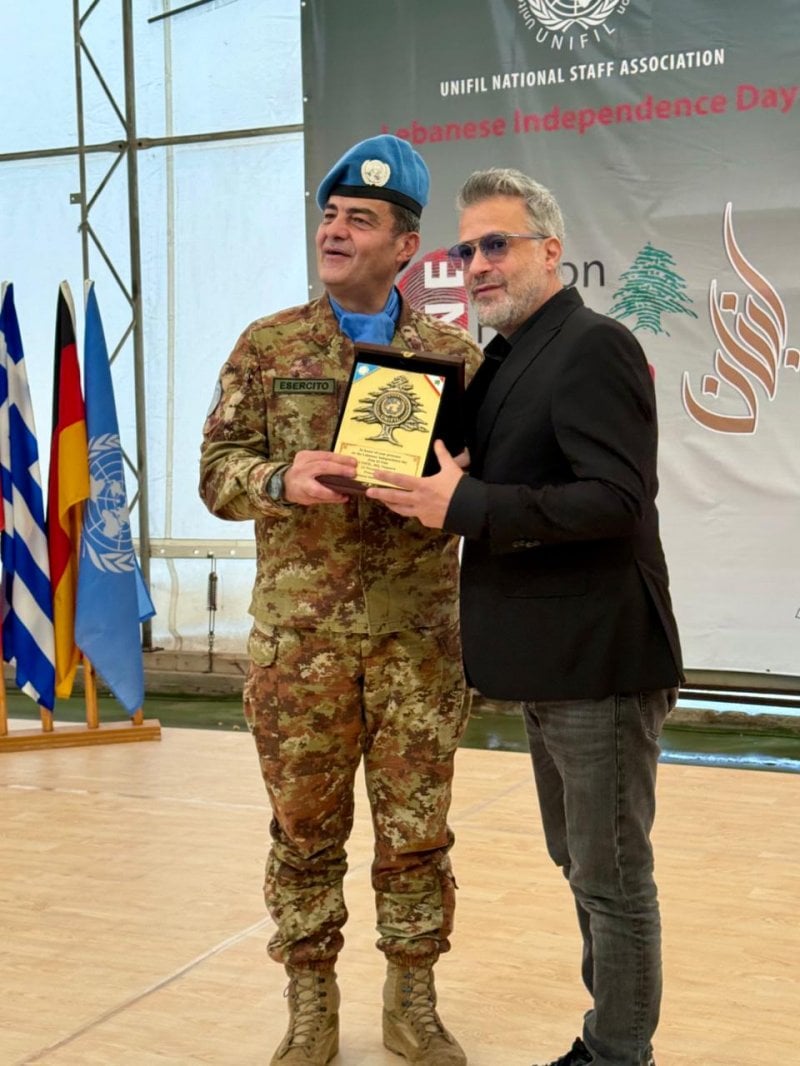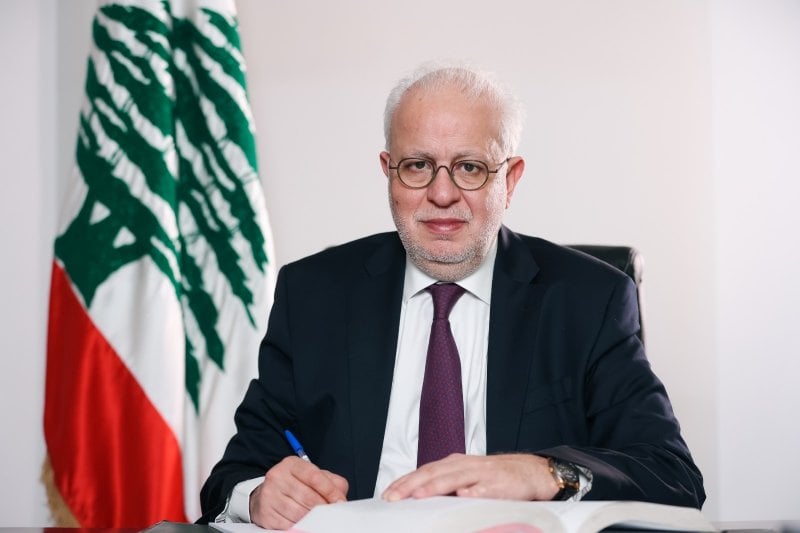
In an interview with “Sputnik” radio, Nossar stated that “negotiating with Israel is necessary to prove Lebanese rights and prevent positions that may negatively affect the Lebanese people,” and explained that the best way to make negotiations successful is to have a fully sovereign state capable of making decisions independently.
He added: “In light of duality, the state cannot negotiate effectively. The state alone has the decision, and no single party can bear the responsibility for the fate of a country and its people. Saying that there is a goal to continue the war and burden society with its consequences is unacceptable.”
Nossar pointed out that Speaker of Parliament Nabih Berri supports confining weapons to the state, because he is keen that the state possesses the necessary power to negotiate on behalf of all Lebanese, stressing that confining weapons is not a service to the West or Israel, but rather a guarantee for the Lebanese people themselves.
He added, “We are in the stage of building the state, and it cannot be built for the benefit of one team without another, but rather it must be a comprehensive state that guarantees everyone.”
Nossar believes that Hezbollah’s military intervention is what led to the Israeli army’s entry into Lebanon, explaining that before the support war, Israel had no presence in the five points. He said: “The solution is not resistance, but a state capable of negotiating, and I wish Hezbollah would be a partner in building the state and hand over its weapons, because this is no longer an option, as weapons no longer protect it.”
He added: “No one can monopolize representing a section of the Lebanese people, and there is no such thing as a special environment. Did Hezbollah protect its areas with its weapons?” calling on everyone to engage in the state project and abide by its institutions.
Regarding direct negotiation or normalization with Israel, the Minister of Justice stated: “I am not in favor of normalization if those who suffered from Israeli attacks do not announce that they are ready for this step, as the final word is theirs,” stressing that Lebanese society does not want to repeat the previous disasters.
He continued: “Insisting on confronting Israel in the field it chooses is a strategic mistake, and the confrontation must be moved to the strongest arena through negotiations,” considering that Lebanon is in a position of strength when it negotiates directly, because knowing the enemy’s weaknesses is only possible through direct political confrontation, noting that duality weakens Lebanon in any future negotiation.
In response to a question about the Israeli dangers surrounding Lebanon, Nossar answered: “We are convinced that we will face Israeli dangers, but we are also convinced that weapons cannot deter these dangers and do not make the state strong enough in diplomatic and international forums,” stressing that the goal of all Lebanese is to confine weapons to the state, regardless of any external position.
In the context of the upcoming parliamentary elections, the Minister of Justice explained that “it is natural to have multiple opinions,” noting that the government committee discovered loopholes in the current law, and stressing that granting non-residents the right to vote for 128 deputies does not aim to target or isolate any sect, and that any attempt to postpone the elections represents the problem, not the solution.
Nossar addressed judicial relations with Damascus, revealing that talks with the Syrian side were positive, as a judicial agreement was presented to transfer prisoners to Syria, and the file of assassinations, forcibly disappeared persons, and Lebanese fugitives from justice to Syrian territory was discussed.
He explained that the issue of handing over officers affiliated with the former regime is subject to “a specific legal framework that must be followed,” stressing that the Lebanese delegation did not directly demand this.



